The Betta Fish Tank Mate Guide: What Works and What Doesn't
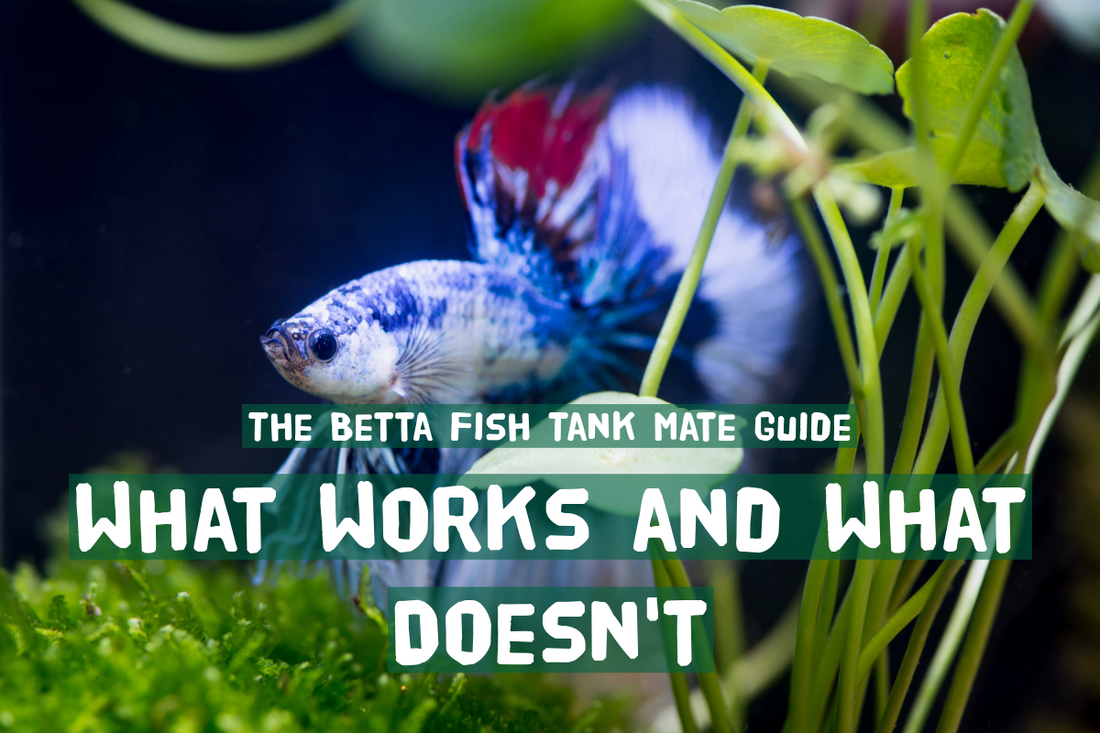
Contents
- 1- Betta Fish
- 2- Understanding Betta Fish Behavior and Habitat Needs
- 3- Key Considerations Before Introducing Tank Mates
- 4- Compatible Tank Mates for Betta Fish
- 5- Tips for Successful Introduction of Tank Mates
- 6- Personal Experiences and Success Stories
- 7- Conclusion
-
8- FAQs: Perfect Tank Mates for Your Betta Fish
- 8.1- Can Betta fish live with other fish?
- 8.2- What are the best tank mates for a Betta fish?
- 8.3- How many fish can I keep with my Betta?
- 8.4- Can snails and shrimp live safely with Betta fish?
- 8.5- Will my Betta fish kill other fish?
- 8.6- How do I introduce new tank mates to my Betta fish?
- 8.7- Can Betta fish live with goldfish?
- 8.8- How do I ensure my Betta and its tank mates are happy?
Betta Fish
If you're new to the world of betta fish keeping, you're in for a real treat. Bettas are not just pets, they're like little aquatic companions with vibrant personalities. I've been keeping Betta fish for over a decade now, and breeding Betta fish has become a passion of mine. Today, I want to share with you everything I've learned about selecting the perfect tank mates for your beautiful betta fish, so you can create a harmonious underwater community.

Understanding Betta Fish Behavior and Habitat Needs
The Mystical World of Bettas
Bettas, also known as Siamese fighting fish, hail from the tranquil waters of Southeast Asia, such as Thailand, Vietnam, and Laos. Their natural environment is filled with dense vegetation and slow-moving streams, which is why they thrive in warm, calm waters. One common myth is that Bettas love to be alone; while they are territorial, specifically the male Betta, however, they can coexist peacefully with the right tank mates in a well-structured aquarium.
Why Habitat Matters
Before you even think about introducing new fish into your Betta's world, consider their current living conditions. The Betta is a tropical fish, so tropical fish tank mates are the perfect choice. A spacious tank (at least 5 gallons, but bigger is always better) with plenty of hiding spots and a gentle filtration system mimics their natural habitat and helps reduce stress for all inhabitants.

Key Considerations Before Introducing Tank Mates
Choosing the right friends for your Betta involves more than just picking other fish you find attractive. It's about understanding and respecting the delicate balance of your aquatic ecosystem.
Water Conditions and Compatibility
Ensure the water parameters (temperature, pH, hardness) match the needs of both your Betta and potential tank mates. Bettas prefer temperatures between 76-82°F and a slightly acidic to neutral pH (around 6.5 to 7.5).
Personality Clashes
Remember, Bettas are known for their fiery temperaments. Avoid adding fish known for being fin-nippers or those that might compete aggressively for territory.
Compatible Tank Mates for Betta Fish
Now, let's dive into the exciting part – who gets to be your Betta's new roommate?
Peaceful Companions
- Snails (Nerite, Mystery): My Betta, Blaze, once shared his tank with a Nerite snail named Turbo. Turbo was great at keeping the tank clean, and Blaze couldn't care less about his presence – a perfect match!
- Shrimp (Ghost, Amano): Shrimp are excellent at cleaning up leftover food and algae without bothering Bettas. Just make sure your Betta doesn't see them as a snack by picking the bigger size shrimp and avoiding cherry shrimp or bee shrimp – a well-fed Betta is less likely to hunt its tank mates.
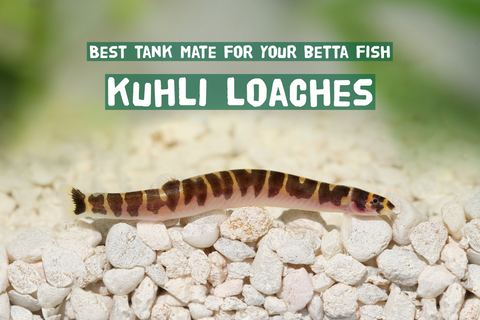
- Small, Peaceful Fish: Fish that swim in different levels of the tank than your Betta can make good companions. Harlequin Rasboras, Ember Tetras, and Pygmy Corydoras are all fantastic choices. They're peaceful, keep to themselves, and won't invade your Betta's personal space.
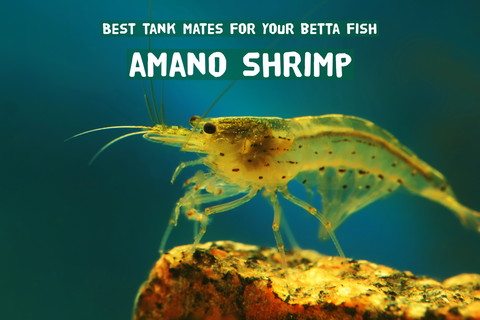
Species to Avoid as Tank Mates for Betta Fish
- Fin-nippers (e.g., Tiger Barbs): These guys can stress out and injure your Betta by nipping at their beautiful fins.
- Large or Dominant Fish: Larger fish might see your Betta as a threat or vice versa, leading to unnecessary aggression.
- Similar Finned Fish: Male Guppies, with their flashy tails, might be mistaken for rival Bettas, triggering aggressive behavior.

Tips for Successful Introduction of Tank Mates
Introducing new tank mates to your Betta should be done with care and patience.
Acclimatization and Quarantine
Always quarantine new arrivals to prevent the spread of disease. Gradually acclimatize them to the tank's water conditions to reduce stress.
Monitoring the Tank
Keep an eye on all your fish during the first few weeks. Watch for signs of aggression or stress, like hiding or fin damage, and be prepared to rearrange the tank or remove problematic fish if necessary.
Personal Experiences and Success Stories
In my journey as a Betta keeper, I've had my share of trial and error. One of my most successful pairings was a Betta named Big Mac with a group of Pygmy Corydoras. Big Mac was initially curious but soon realized the Corydoras were no threat. They would often be seen foraging together, with Big Mac leading the way like a proud leader. This experience taught me the importance of choosing tank mates that complement your Betta's personality and needs.
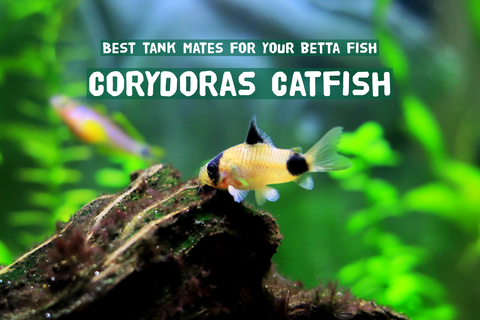
Conclusion
Finding the perfect tank mates for your Betta can be a rewarding experience that enhances your aquarium's biodiversity and beauty. Remember, every Betta is unique, and what works for one may not work for another. Start with the suggestions I've shared, observe your Betta's behavior closely, and don't be afraid to adjust as needed.
FAQs: Perfect Tank Mates for Your Betta Fish
Can Betta fish live with other fish?
Yes, Betta fish can coexist with other fish if chosen carefully. Ideal tank mates are peaceful, small, and occupy different areas of the tank. Avoid aggressive or fin-nipping species to prevent stress and injury.
What are the best tank mates for a Betta fish?
The best tank mates for a Betta fish include Nerite snails, Mystery snails, Ghost shrimp, Amano shrimp, Harlequin Rasboras, Ember Tetras, and Pygmy Corydoras. These species are known for their peaceful nature and ability to live harmoniously with Bettas.
How many fish can I keep with my Betta?
The number of fish you can keep with your Betta depends on the size of your tank. A general rule is to allow at least 1 gallon of water per inch of fish, excluding your Betta. Ensure the tank is spacious enough to prevent overcrowding and stress.
Can snails and shrimp live safely with Betta fish?
Snails and shrimp are generally safe to live with Betta fish. They are excellent at cleaning the tank and are usually ignored by Bettas. However, ensure your Betta is well-fed to reduce the likelihood of it seeing smaller shrimp as food.
Will my Betta fish kill other fish?
Bettas have a territorial nature, which can lead to aggression if tank mates are not carefully selected. Fish that are too similar in appearance to Bettas or known fin-nippers should be avoided. With proper selection and tank management, the risk of a Betta killing other fish is significantly reduced.
How do I introduce new tank mates to my Betta fish?
Introduce new tank mates gradually. Start by quarantining new fish to prevent disease spread. Then, acclimatize them to the tank's water conditions slowly. Monitor the tank closely for the first few weeks to ensure all fish are getting along without signs of stress or aggression.
Can Betta fish live with goldfish?
No, Betta fish should not live with goldfish. Goldfish require cooler water than Bettas, and their size and waste production can lead to poor water conditions for Bettas. Additionally, goldfish might outcompete Bettas for food.
How do I ensure my Betta and its tank mates are happy?
Ensure your tank is appropriately sized and equipped with hiding spots and plants to mimic natural habitats. Maintain clean water and proper water parameters, feed a balanced diet, and monitor fish behavior regularly to ensure a peaceful and healthy environment.No comments




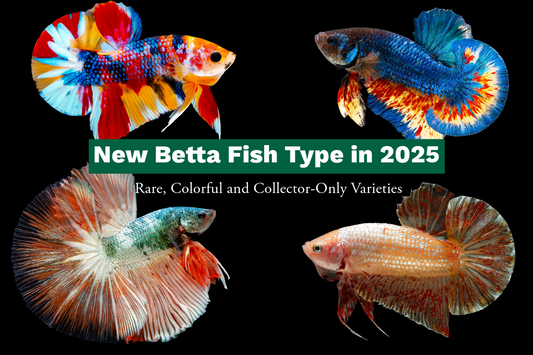

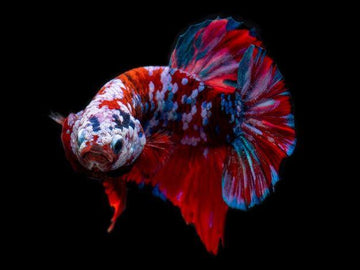
0 comments